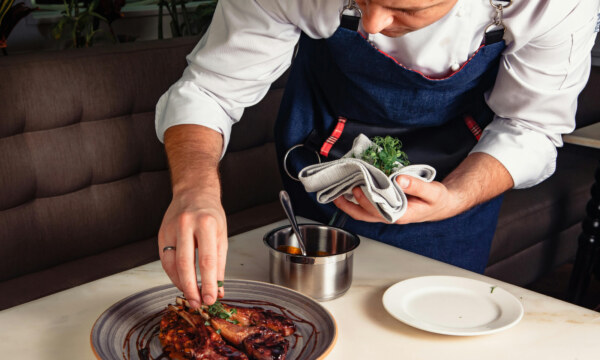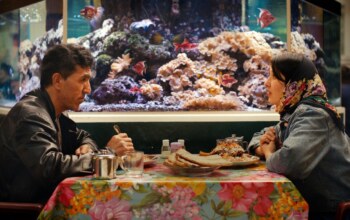Preparing for a trial run as a digital nomad

The idea of living as a digital nomad is challenging for anyone capable of working remotely to ignore. It offers the chance to explore the world, meet new people, eat new food, and exist as few people in history have ever had the opportunity to do. It is also a lifestyle that many rush into, overextending and setting themselves up for failure.
Instead of jumping in with both feet, it can be a much better idea to take a measured approach, to plan out a trial trip, and use that as a springboard for a future effort. With a little planning, the odds of success can be greatly improved, setting up for the years ahead.
Why carry out a test run?
The idea of living as a digital nomad is exciting and romantic, but it is impossible to predict accurately how it will affect an individual until experienced firsthand. Working while travelling is not like a holiday, nor is it comparable to working in a familiar environment. Greater demands for self-control are placed on digital nomads, and working away from a traditional office can feel unusual even for seasoned travellers. Regardless of initial confidence, the way the body responds can be surprising, making a month or two of practice the best recipe for success.
What will be needed
Preparing physically begins with the daily carry and what can be comfortably travelled with. This will vary depending on the style of nomad lifestyle chosen. Those living as “slowmads” may be comfortable packing slightly heavier, as there is less need to move frequently. For a more active approach, a lighter carry may be preferable, though the essentials must still be covered.
Consider technology such as a smartphone as a baseline example of what will be needed. Regardless of the system chosen, reliability and a degree of protection from the elements are essential. This is particularly straightforward with smartphones, as even older models offer more performance than most modern users require. Those who enjoy playing any jackpot machine game at online casinos, for instance, would be well served by an older and more robust phone. Games such as those in the Age of the Gods or Fire Blaze series are well equipped to run on less powerful mobiles, and the same applies to most entertainment, communication, and social media systems.
Evaluating progress
With planning complete and the trip underway, the final step lies in introspection. While it is easy to become caught up in the excitement of the first few weeks, it is important to continually assess both physical and mental comfort.
What was needed but left unpacked that would have made life easier? What was packed but has proven unnecessary and burdensome? How easy was it to maintain a schedule, and what unexpected issues have interfered? What steps can be taken to address these challenges, and how effective have attempts at improvement been?
Every stage of the trial should involve self-questioning, with each answer met honestly. Whether it becomes clear that the digital nomad lifestyle is not yet the right fit or that it can work with a few adjustments, openness is essential. Maintaining reflection on what is needed both while away and upon returning home will greatly improve the likelihood of success in future attempts.
The editorial unit

























Facebook
Twitter
Instagram
YouTube
RSS